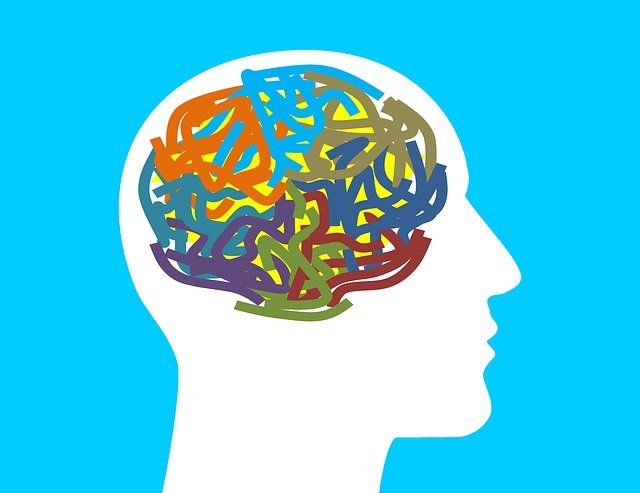
In a new study, researchers found a new treatment could help reverse aging-related memory loss.
The method is Transcranial Magnetic Stimulation (TMS).
The research was conducted by a team from Northwestern Medicine.
TMS is a noninvasive brain stimulation, in which a changing magnetic field is used to cause electric current at a specific area of the brain through electromagnetic induction
In the study, the team examined 16 people aged 64 to 80 with normal age-related memory problems.
They stimulated a precise location of the brain’s memory center with electromagnetic pulses.
The memory center is the hippocampus, the area’s function decreases as people grow older, which is responsible for memory decline.
Previous research has shown that It’s the part of the brain that links two unrelated things together into a memory. Older adults often have problems with this.
The researchers located an area of the parietal lobe that communicates with the hippocampus for stimulation delivery. This is because it is impossible to directly stimulate the hippocampus with TMS.
They then applied high-frequency repetitive TMS to the spot for five consecutive days for 20 minutes a day.
Before the stimulation, younger and older people were given memory tasks in which they learned arbitrary relations between paired things.
Younger adults score about 55% correct and older adults less than 40% correct.
After the stimulation, the older people’s memory task performance became as good as that in young adults.
This suggests that the treatment could improve the memory of older adults with age-related memory loss.
In the future, the team plans to test this approach on participants with mild cognitive impairment, the early stage of Alzheimer’s disease.
They hope their finding could help develop a new treatment for Alzheimer’s disease and other types of dementia.
Future work also needs to find out how long the effects could last.
The lead author of the study is Joel Voss, associate professor at Northwestern University Feinberg School of Medicine.
The study is published in Neurology.
Copyright © 2019 Knowridge Science Report. All rights reserved.



